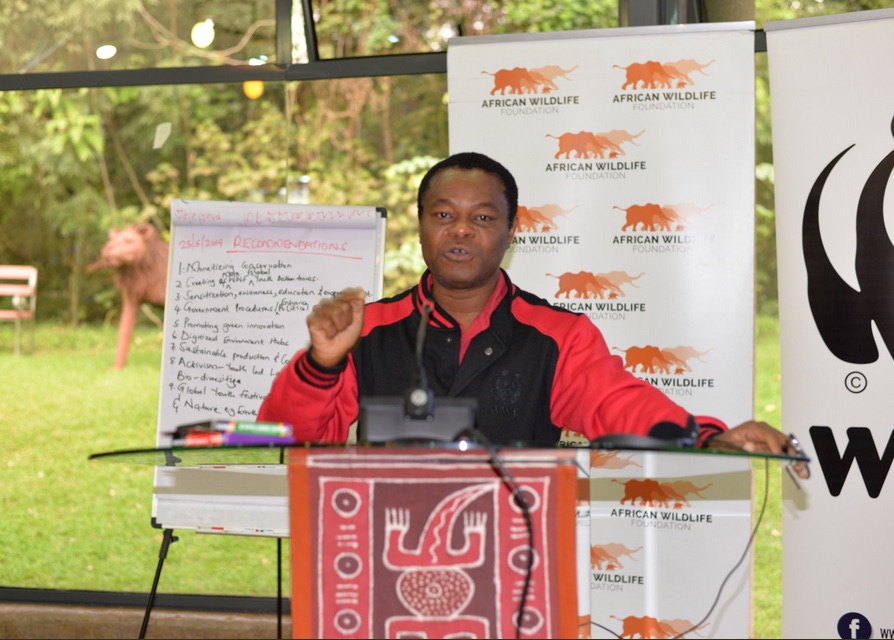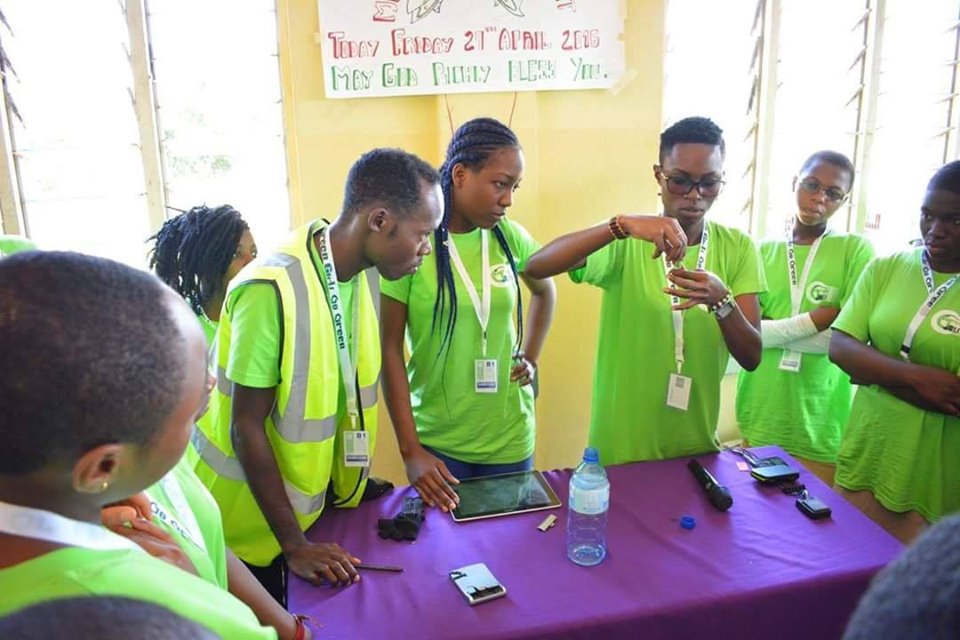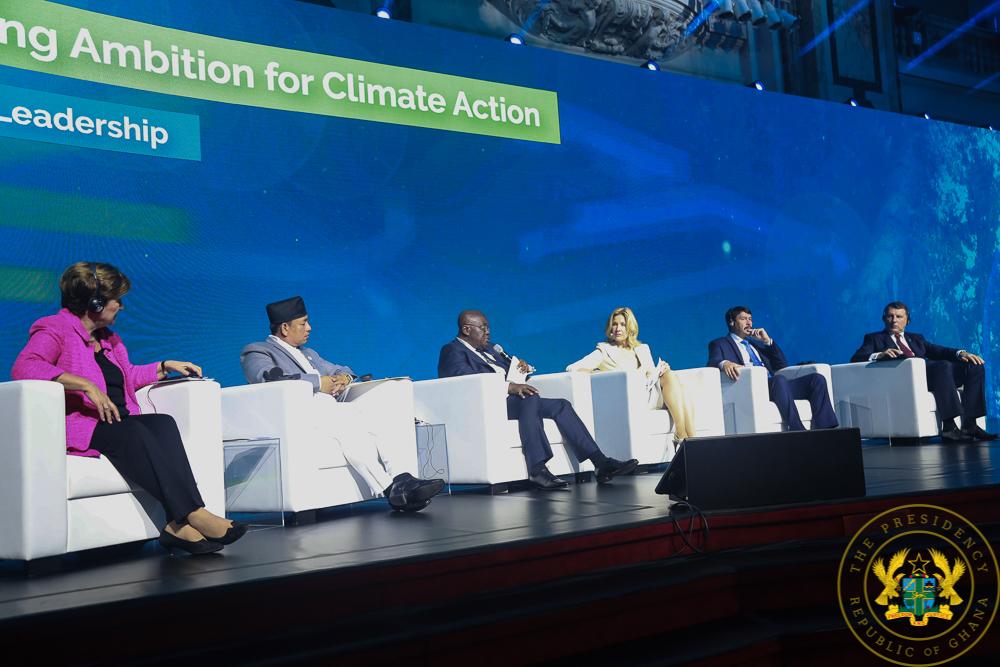
By Deng Eric
The Africa Regional Director of the World Wide Fund for Nature, WWF, Fred Kwame Kumah says the future of conservation the world over depends on the mind, passion, and commitment of the youth today.
He made the remark at a youth conservation conference in Nairobi, Kenya recently.
The three-day conference from May 23 to 25, 2019, dubbed #IAM4NATURE Youth Summit, was hosted at African Wildlife Foundation (AWF) headquarters in collaboration with the World Wildlife Fund (WWF).
The 50 young conservation and development practitioners from 24 African countries during the summit discussed how to save Africa’s declining biodiversity, in the wake of a recent United Nations report that raised alarm over the rapid extinction of plants and animals due to human activity.
To WWF’s Africa Regional Director, organizations must create space and platforms for youth to take up and influence world leaders towards forging a much-needed new deal for nature and people.
“WWF is committed to stopping the degradation of the earth’s natural environment and to build a future in which humans live in harmony with nature. We have to educate young people in conserving the world’s biological diversity, ensuring that the use of renewable natural resources is sustainable, and promoting the reduction of pollution and wasteful consumption. We hope to do our part in leaving a better word for future generations,” said Fredrick Kwame,
“I want to see more young people participate in conservation, not just as members of wildlife clubs but also at policy and leadership level,” said Kaddu Sebunya, AWF CEO.
“I envision an African continent where economic development will not be an excuse for a natural disaster. It will be an Africa where clean energy will light up even the furthest hills and will give room for economic empowerment and justice for all,” said Daniel Misaki, a 24-year-old student at Uganda Wildlife Research & Training participating in the conference.
Monique Ntumngia, WWF Africa Youth Award winner 2017 from Cameroon and founder of Green Girls Organization which generates renewable energy from the sun and waste using modern technologies says it’s time to get more youths especially girls involved in the campaign to drive the green agenda
Green Girls Organization under her leadership has provided over 100 solar installations to rural homes providing electricity. Over 30 Green Girls clubs have been set up in the rural communities and have benefited from the Green Girls capacity building sessions. Over 3000 rural households have been provided with biogas.

Africa is said to have the youngest and fastest growing population in the world, according to a 2017 United Nations Development Programme research.
By 2055, the continent’s youth population aged between15-24, is expected to be more than double the 2015 total of 226 million.
According to Oliviah Tawarar, 26 year old communications professional who is passionate about environmental conservation and empowering the youth to take action “226 million is not just a number. They are the voices of my peers, yet they are not as loud as they should be, they are not amplified as the rest of the voices, their potential has not been fully utilised. This got me thinking, if nature can win just half of the 226 million African youth, then mother earth would be happier and healthier. Why? They got the zest and the potential of changing how we view and how we do things. They are our now and tomorrow.”
Governments and non-governmental organisations have previously created rules, laws and regulations meant to help the environment and people thrive but there has been minimal implementation and countable youth involved, if any.
The youth play a vital role in the implementation process, sadly, in most cases they are not involved and if involved they may not be part of the decision making process.
Policy engagement has evolved over the years to include youthful voices not only as attendees but also as contributing stakeholders. The world is already feeling the consequences of biodiversity loss, as it has adversely affected crop production and exposed humanity to extreme weather changes.
These effects have been more pronounced in developing countries due to their reduced resilience to environmental challenges.











